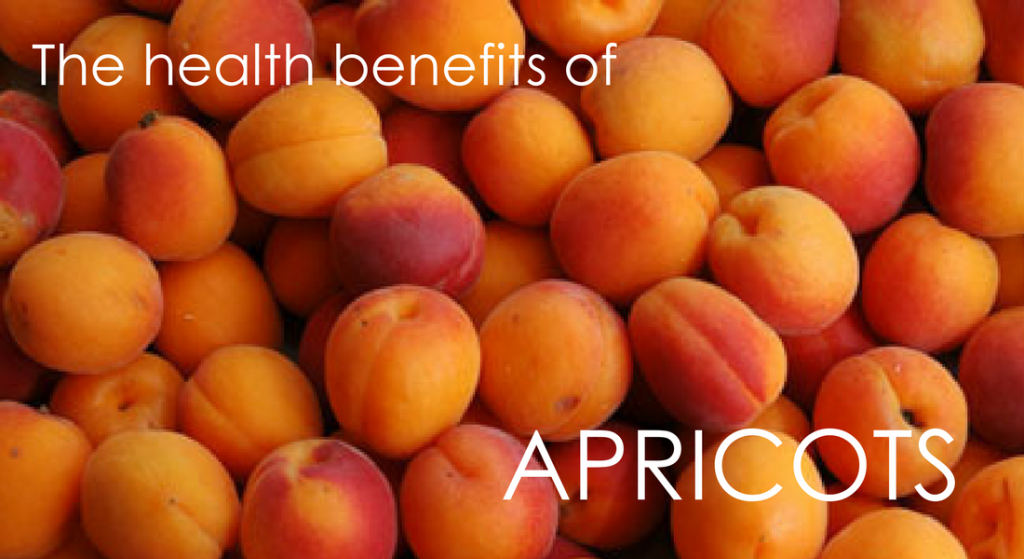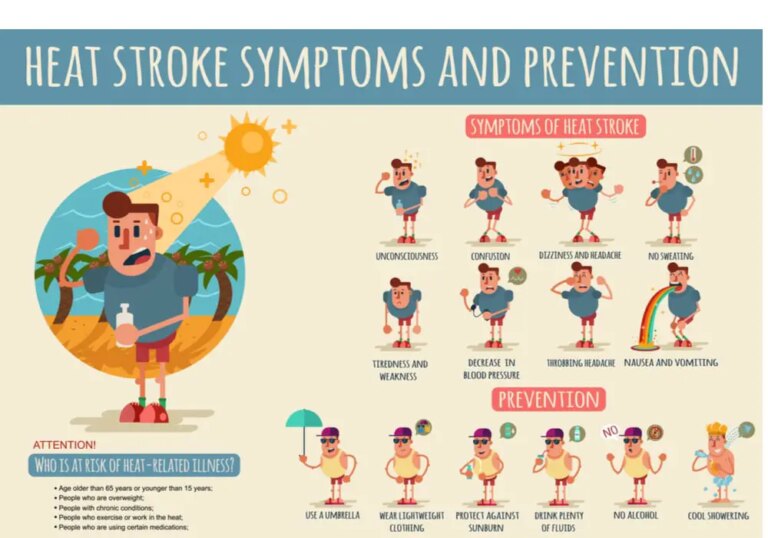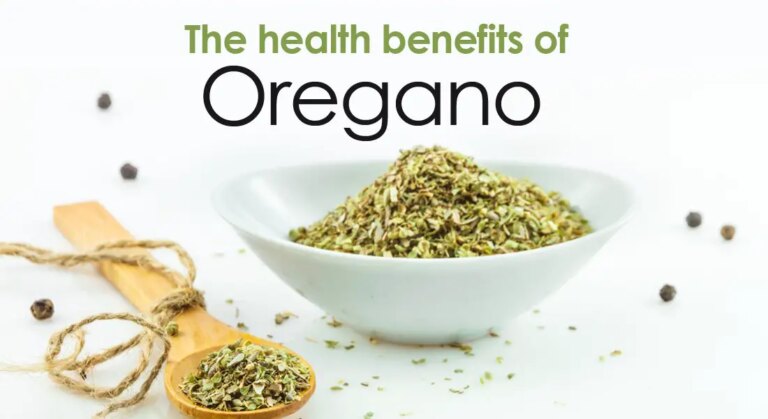Apricots are closely related to plums and have been eaten by mankind since ancient Greece and Rome. Some believe that the original cultivation of apricots happened more than 3,000 years ago in India. The scientific name is derived from Armenia, and most experts believe that is where apricots are initially from.
4 Benefits of Apricots
Apricots Are High in Fiber
Studies have shown that the apricot is high in fiber and is good for smooth bowel movements. Fiber helps to bulk up the stool, which helps to alleviate constipation. The high fiber content in apricots helps to make it easier to transport the stool through the bowels. Apricot fiber helps to stimulate the gastric and digestive juices that aid in absorbing nutrients and break down food easier for processing. The fiber found in apricots also helps to start the motion of the digestive tract, which makes bowel movements more manageable and more regulated.
Apricots Are Good for Your Skin
Research has discovered that apricot oil is good for your skin because it is absorbed quickly and does not feel oily. Studies have been done on apricot oil and its ability to help with eczema, scabies, itching, rashes, and other skin-irritating conditions. The apricot oil contains large amounts of vitamin A, nearly 60 percent of the daily requirement per serving. Vitamin A is necessary for wound healing and skin re-growth. It is also needed to support all epithelial (skin) cells both internally and externally. Vitamin A can aid in clearing up the complexion, improve overall skin health, and keeps the lines and wrinkles in your skin away by producing more collagen, which is responsible for keeping the skin looking young. Vitamin A can also contribute to healthy hair. Apricots also contain various antioxidants known to protect skin from free radicals. Free radicals can cause premature aging and skin damage.
Apricots Contain a High Amount of Potassium
Potassium is a mineral and electrolyte that aids in maintaining proper fluid balance and proper muscle function and helps regulate the heartbeat. Research has also found that potassium is needed for strong bones and healthy digestion. Studies indicate that sufficient potassium each day will help to maintain normal blood pressure and may reduce your risk of stroke. A one-cup serving of apricots supplies 10 percent of your daily potassium requirement.
Apricots Contain Iron
Studies suggest that apricots may help ward off anemia. In this common blood-related condition, blood has a lower level of red blood cells and a lower hemoglobin level in the body. Symptoms of anemia may be dizziness, weakness, nausea, and fatigue. Apricots contain non-heme iron, which is especially good because the body does not readily absorb it. Studies have found that non-heme iron tends to stay in the body for a more extended period, and this extra time helps make it more efficient when absorbed.




















